How to set up ChatGPT to work with verified information: Useful tips
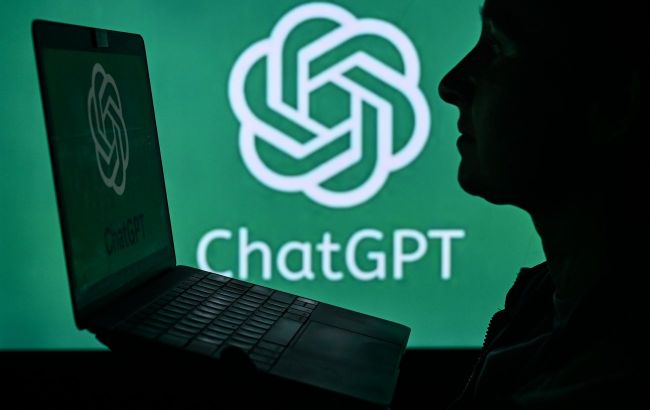 How to influence the choice of sources in ChatGPT (photo: Getty Images)
How to influence the choice of sources in ChatGPT (photo: Getty Images)
Using ChatGPT to collect data can save you a lot of time. However, the accuracy and reliability of the results largely depend on the quality of the information the model is based on. Technology website MakeUseOf tells how to make ChatGPT give answers based exclusively on high-quality sources.
Determining the type of source
Although ChatGPT was trained on a huge amount of data from various sources (up until the point when its knowledge base stopped being updated), it did not actively search the Internet when answering queries. Instead, it relied on its previously accumulated knowledge, which may be outdated or incomplete.
It can now perform active web searches if you specify, but it doesn't always do so automatically.
The first step to ensuring that ChatGPT uses high-quality sources is to be clear about the type of sources you want. You can do this by including terms such as "peer-reviewed," "academic," "official," "trusted," "government publications," or "reputable news outlets" in your queries.
So, for example, if you want to find information on climate change, the search query "Tell me about climate change using scientific articles and peer-reviewed research" will help ChatGPT focus on higher quality sources than it might otherwise choose.
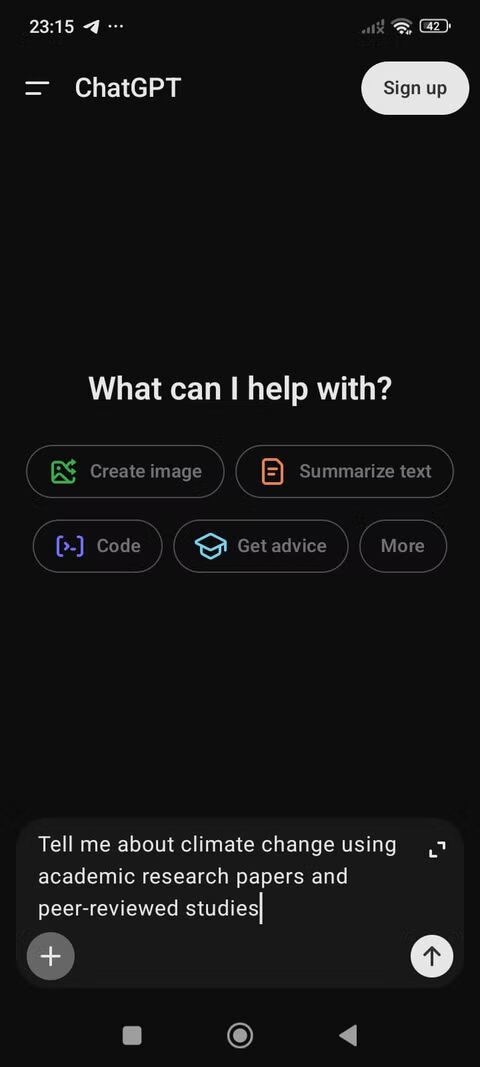
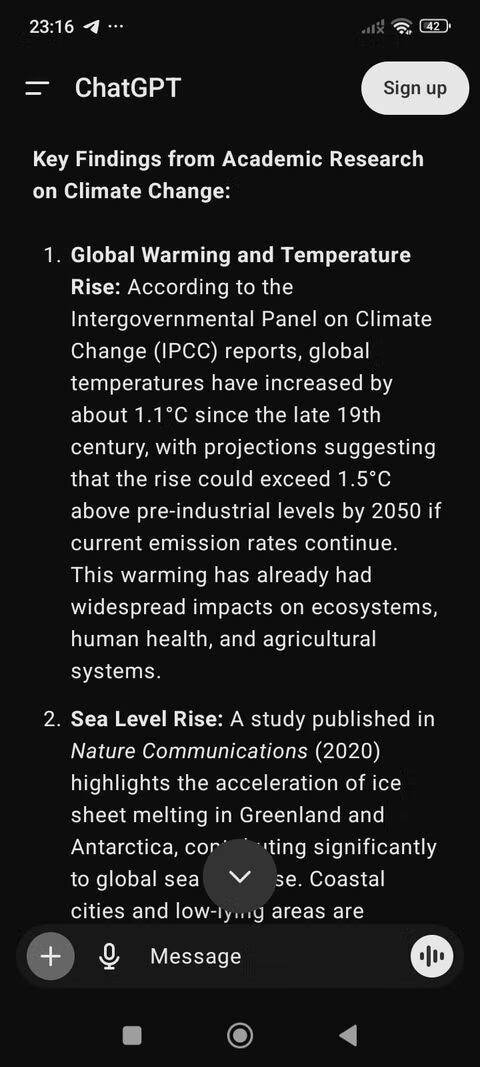
Determining the source type (photo: MakeUseOf)
Using specific instructions
One of the unique features of ChatGPT is its ability to generate references and citations on demand. You can stimulate this by directly requesting citations or sources that are recognized, trustworthy authorities.
To ensure that the sources are reliable, you can ask the AI to base its answer on well-known scientists, scientific articles, or official reports from institutions such as the World Health Organization (WHO) and the United Nations (UN).
If, for example, you want ChatGPT to give you accurate information about the theory of evolution, you can ask it to refer to the work of Charles Darwin and other famous genetic researchers and provide links to the sources.
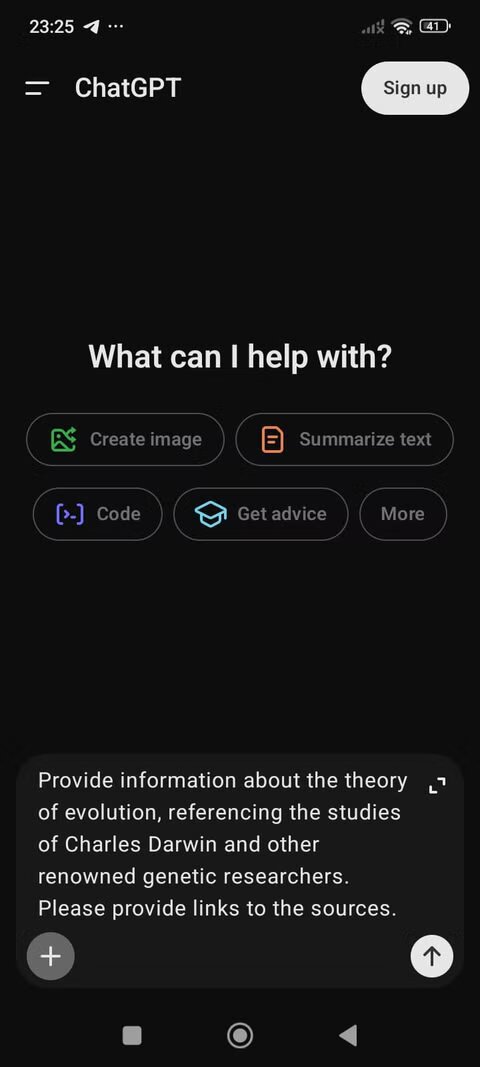
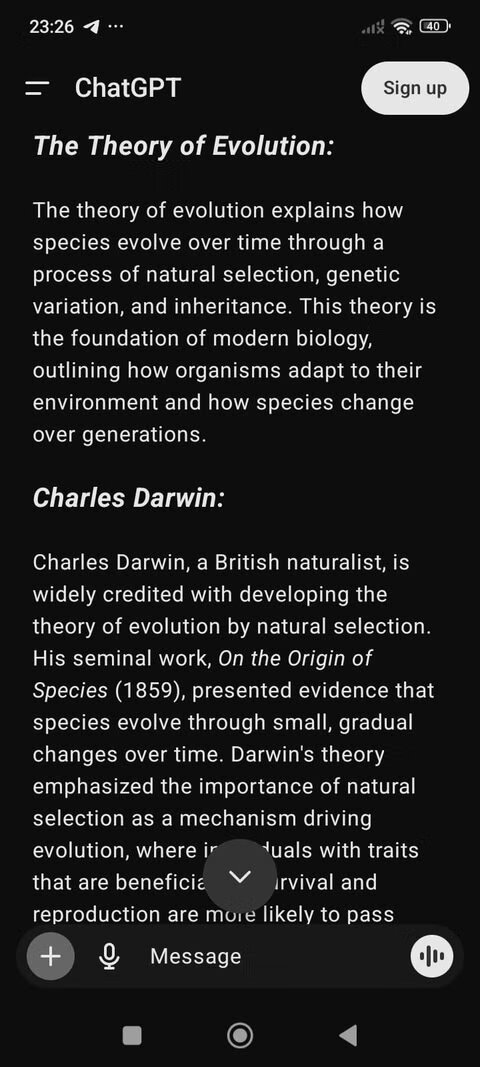
Use of specific instructions (photo: MakeUseOf)
Request updates and latest data
Another useful tactic is to explicitly ask ChatGPT to provide the most recent information it can find. By specifying a timeframe, such as a specific year, you reduce the likelihood of receiving outdated or less relevant information.
ChatGPT will filter its training data to focus on the most recent and authoritative data available at the time of its training.
So, for example, if you need data on climate change, instead of simply asking ChatGPT to provide you with relevant information on the topic, you can specify that it bases its results on studies and reports from reputable institutions and leading universities.
Since ChatGPT has access to the Internet, it can specifically retrieve the most recent information you need.
By making your query very specific, you increase the likelihood that ChatGPT will generate an answer that is consistent with the authoritative sources you are looking for. At its core, its knowledge is based on authoritative scientific texts, journals, and public reports, so being persistent with your queries increases the chances that the information will be the most recent available.
Ultimately, to get the best results from ChatGPT, it's important to be proactive about the quality of the sources you ask it to consider.
And, of course, to be on the safe side, never rely solely on the content generated by ChatGPT. Checking with trusted platforms and using fact-checking tools or reputable scientific databases such as Google Scholar or PubMed can help you verify the accuracy and reliability of information.
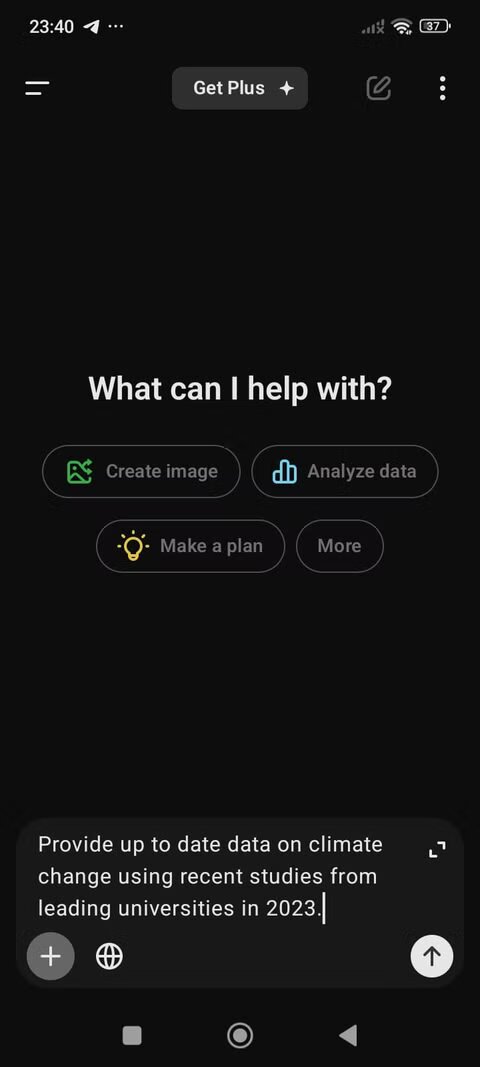
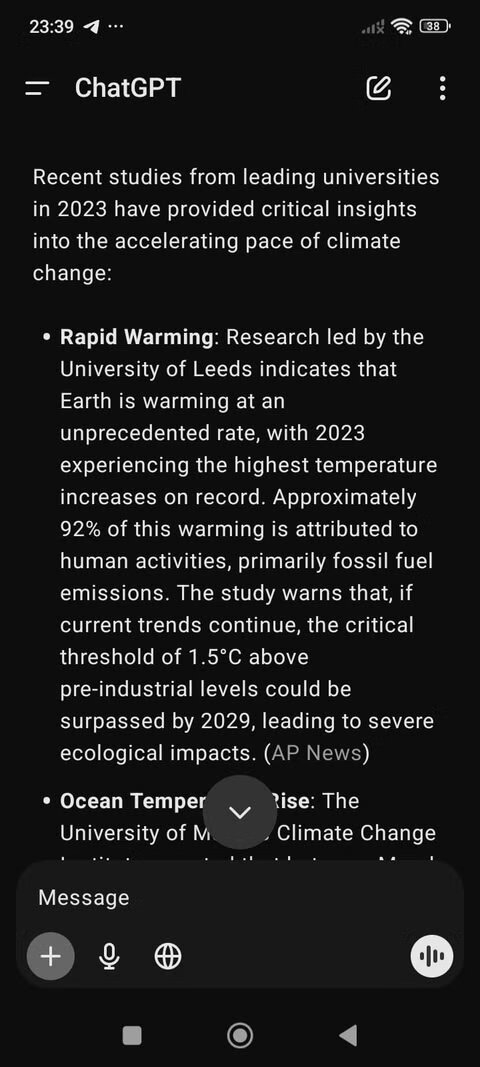
Request updates and latest data (photo: MakeUseOf)

